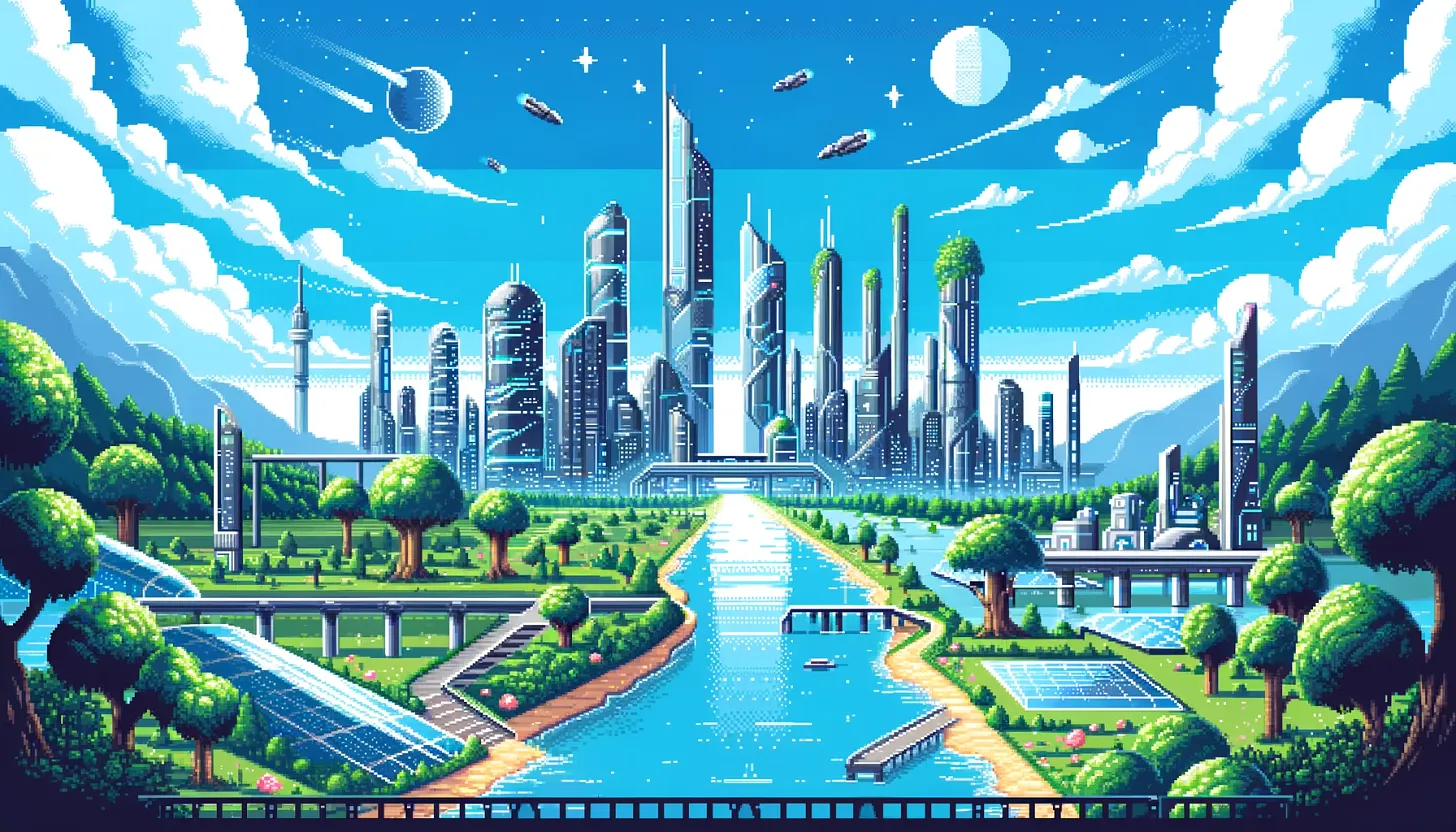The Game Dev Practice That Changed Everything

I owe my entire game development career to a single practice: Learning to make games in 2 hours.
Why it matters:
- We’re all busy, and it’s hard to find time to make games
- The problem is you need to make a lot of games to build the skills necessary to make game development a lifelong career
There is no way around this. The experience gets you to where you want to go.
“You make good work by (among other things) making lots of work that isn’t very good, and gradually weeding out the parts that aren’t good, the parts that aren’t yours. It’s called feedback, and it’s the most direct route to learning about your own vision. It’s also called doing your work. After all, someone has to do your work, and you’re the closest person around.” - David Bayles.
Solution: The two-hour game jam is the best practice to develop and keep your skills sharp and growing. It will:
- Help you develop your unique style and voice
- Teach you how to wield your tools efficiently
- Show you how to scope, finish, and ship
- Force you to value process over outcome
- And so much more…
None of this is new. People have been making games in a short time frame for a long time. Vlambeer, a successful independent game studio, was created by game jam culture. Jan Willem Nijman would regularly participate in 3-hour game jams. He even once made a game in 16 minutes.
That’s when I realized that design experience isn’t in the size of your games, or even in the scope of it - it’s in the number of projects you’ve been through. - Rami Ismail
The game developer who has made a hundred small games has a massive advantage over the designer who’s only ever worked on one big game.
The big benefit: This is a sustainable practice. Because the time commitment is so low, you can do this even if you have the busiest schedules. I’ve maintained this practice even while caring for a newborn, helping launch a AAA game, and spooling up a new workout routine.
No matter how busy life gets, I can still crank out a game in 2 hours.
The best part is you don’t need to do the 2 hours all at once! I tend to split up my 2-hour game jam into four 30-minute sessions.
If you have 30 minutes every other day of the week, you can make games and improve your skills.
By consistently practicing the 2-hour game jam, I’ve been able to:
- Break into the game industry
- Learn a bunch of different game engines and techniques
- Get thousands of people to play my games on itch.io
- Create over 100 games
- Design innovative features for large teams and game studios
Lastly, it’s just straight-up fun! If you commit to the practice, I guarantee you will have fun.
How to get started in 4 easy steps
Step 1. Make a game a week for one month
- Every Monday, commit to creating a new game
- Work on your game for 30 minutes every other day. Or all at once. The choice is yours.
- Remember! You only get two hours!
Step 2. Ship it or Kill it
- When two hours are up, your game should be finished.
- Decide whether to ship the game or delete it forever.
This part is crucial! You’ve made a game, and now it’s time to put it in players’ hands so that they can play it. If you can’t bring yourself to share your game, you must delete the game. Permanently.
This teaches you a couple of things:
- Games are meant to be played by other people
- Delete your game so you’re not tempted to “delay” or keep working on it
- Don’t get attached to your work
However, go for it if you want to capture a screenshot or video before deleting your game.
A common objection: “But what if I want to keep working on it because I like what I built and it has potential?”
It took two hours to make the game. Delete it and start over. If you can’t get yourself to do that, the game may not be worth pursuing.
Step 3. Process over outcome
The 2-hour game jam is a practice. You don’t go to the gym once and suddenly become fit.
- Don’t worry about how the game turned out
- Don’t worry if the game is good or bad
- Don’t worry about if you feel like it’s a waste of time
This practice will build on itself, given enough reps and time.
Repetition. Repetition. Repetition. This is how you get better. This is how you make games for a lifetime.